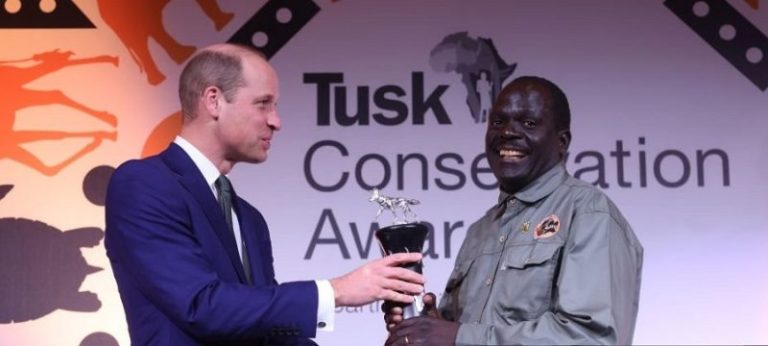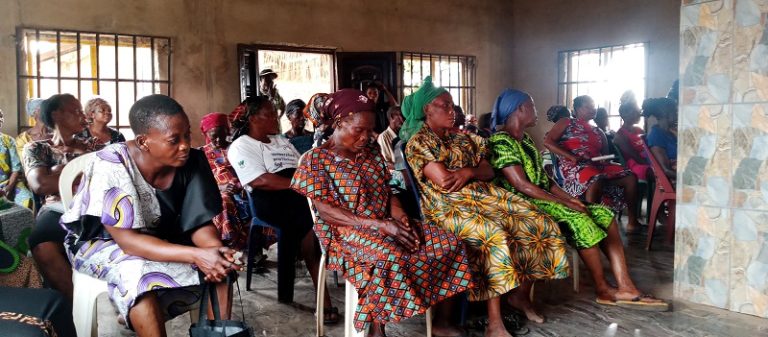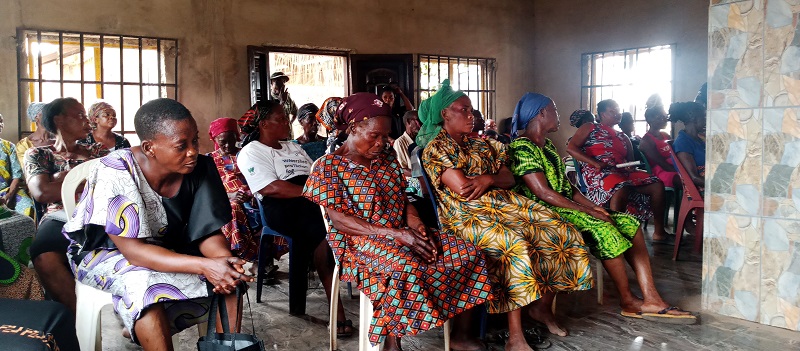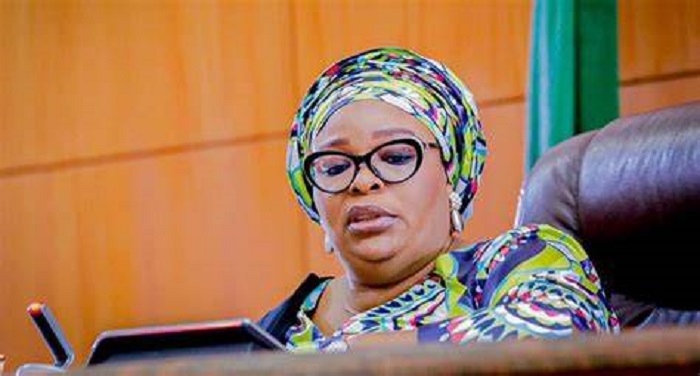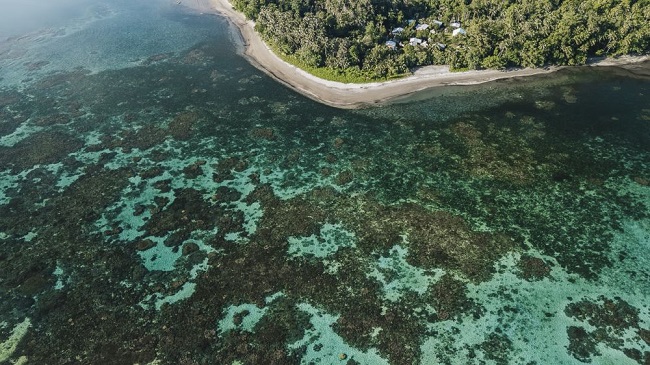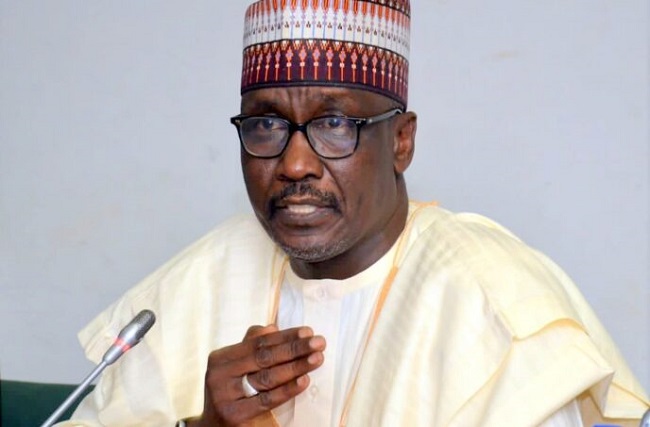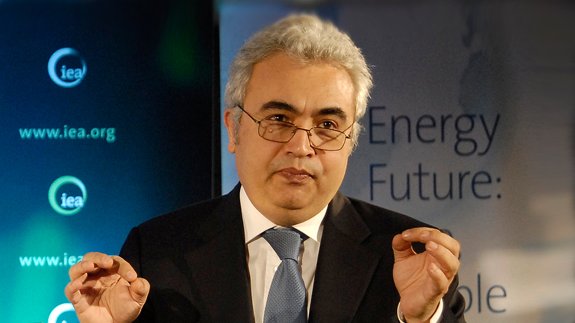The annual search is underway to find and honour Africa’s most visionary, inspiring, collaborative, committed, and courageous conservation leaders with nominations now open for the 2025 Tusk Conservation Awards, in partnership with Ninety One, organisers said on Wednesday, January 22.
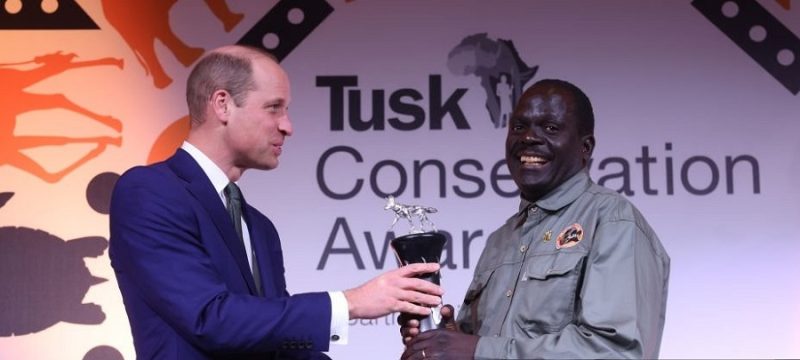
Three winners will be chosen from what are expected to be hundreds of applications from across the continent and feted at a prestigious ceremony later in the year, with awards presented by HRH Prince William.
Successful nominees will be those who demonstrate exceptional leadership qualities and collaboration, especially with local communities, who come up with innovative approaches to conservation challenges that others can replicate and scale, and who create change that can outlast them, among other criteria.
Since the Awards were launched in 2013, the 57 winners and finalists have included a Madagascan helping communities conserve 3,500 sq km of their forests and wetlands; an anthropologist leading rangers protecting mountain gorillas in war-torn eastern Congo; a Zimbabwean intelligence officer who has jailed more poachers than anyone else in his country; and a herpetologist working with coastal communities to keep turtles safe in the seas off Sierra Leone.
The Awards’ role in shining a light on the often-unsung efforts of Africa’s conservation visionaries is more important than ever. Africa’s wildlife populations dropped by more than three-quarters since 1970. An area of forest the size of Kentucky or Switzerland is felled each year. Rangelands that cover 43% of the continent, supporting 268 million livestock keepers in 36 countries, are degrading fast.
Tusk says it is committed to funding, supporting, and amplifying the work of Africa’s conservationists, whose innovative projects create meaningful change for both wildlife and people across the continent.
Nick Bubb, CEO of Tusk, said: “There is an urgent need to protect nature in Africa. Tusk believes it is the progressive work of conservationists on the ground that creates lasting change for both wildlife and people. By finding, funding, and telling the stories of such individuals, we are championing those who create inspiring solutions to conservation challenges, and we are backing those who understand, respect and protect the natural world.”
Nominees cannot apply themselves. They must be nominated by someone else, who could be a friend, colleague, lecturer, teacher, mentor or mentee, supervisor, partner, or anyone who knows them well enough to complete the comprehensive nomination form.
Nominations will fall into one of three categories. Nominees may only be entered to one category:
- Prince William Award for Conservation in Africa – This is a lifetime achievement award that recognises outstanding dedication and exceptional continued contribution to conservation in Africa.
- The Tusk Award for Conservation in Africa – This award is given to an individual judged to be an inspiring mid-career conservationist in recognition of their outstanding contribution and leadership qualities.
- Tusk Wildlife Ranger Award – This award gives international recognition to the dedication and commitment of an individual who works in the field to protect Africa’s wildlife and wild places.
Rachel Ikemeh, Founder and Director of the SW/Niger Delta Forest Project and 2021 finalist of the Tusk Award for Conservation in Africa, said: “I am forever grateful for having been made a Tusk finalist. As a project leader of the SW/Niger Delta Forest Project it has been so encouraging and motivating to have the rigours and challenges of my work fully recognised. The exposure from being a Tusk finalist brought my project to light and was a huge help in persuading people of the importance of managing protected areas.”
Nominations are open until April 25, 2025, and must be submitted online at https://www.tuskawards.com/nominations/.
The Tusk Conservation Awards are held in partnership with Ninety One. They are supported by the Nick Maughan Family Foundation, DHL, Defender, ISPS Handa, Fortemus Films & Gallantium, Shelton Fleming, Justerini & Brooks, Patrick Mavros, and The Savoy Hotel.

